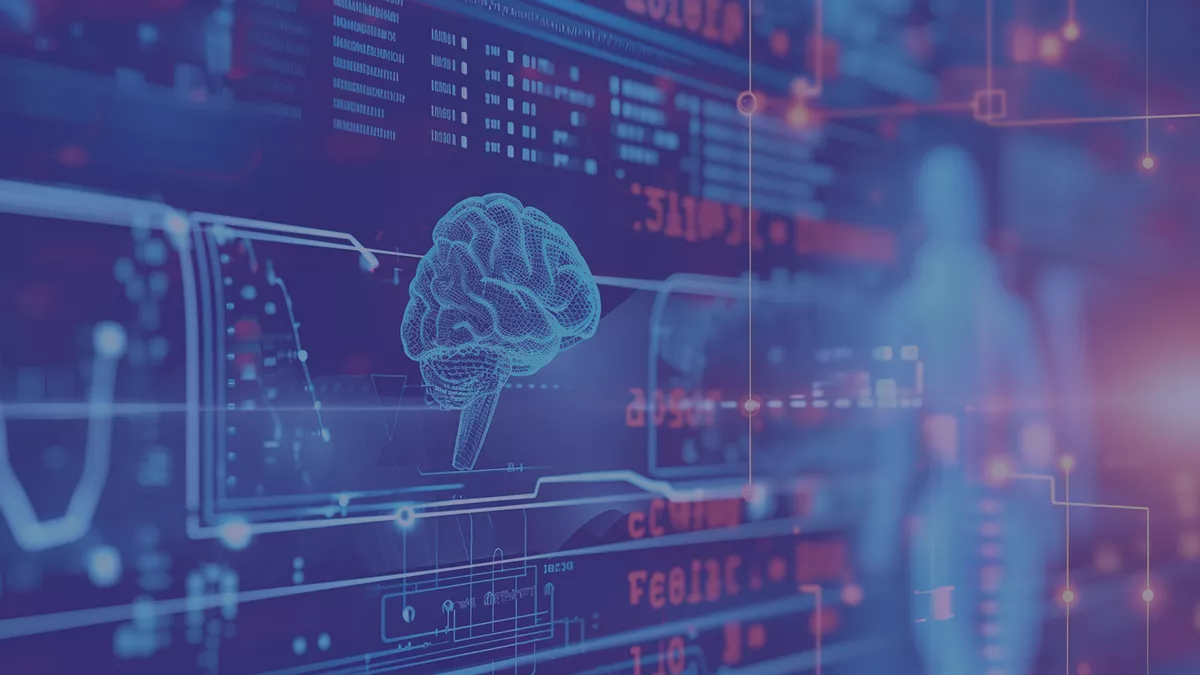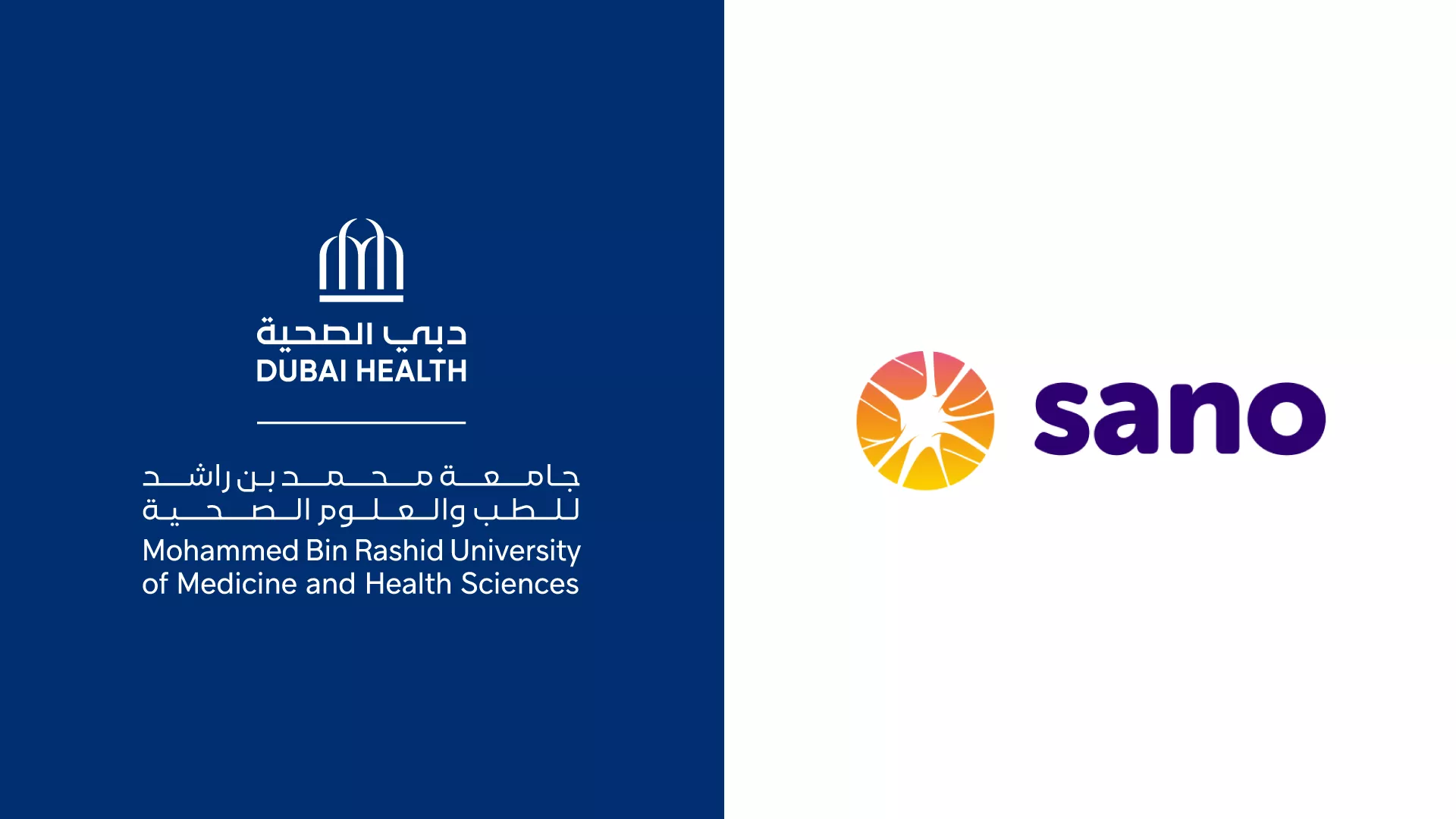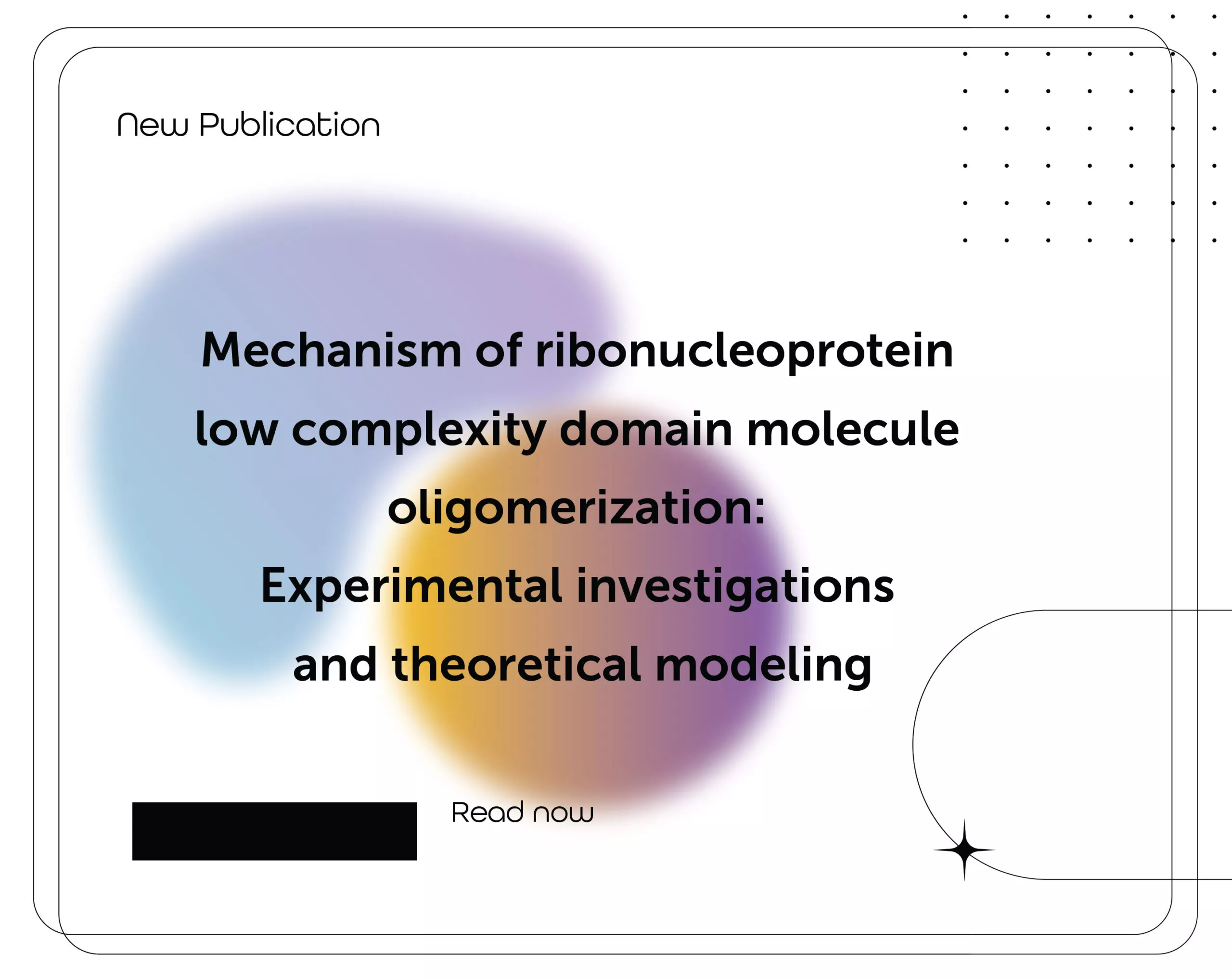
Sano at EUIndTech 2025: Rethinking What Makes EU Funding Successful
At EUIndTech 2025, Sano joined the debate on shifting focus from numbers to lasting impact.
At EUIndTech 2025, a major innovation policy event held under Poland’s EU Presidency, thought leaders gathered to discuss how European funding can drive meaningful progress. Katarzyna Baliga-Nicholson, representing Sano – Centre for Computational Medicine, took part in a panel on the impact of Horizon Europe, where she challenged conventional metrics of success. Instead of focusing solely on project counts or budgets, she advocated for a broader perspective—one that emphasizes long-term value, institutional resilience, and the real-world outcomes that follow the end of funding.
Drawing from experiences across the EU, the session highlighted several key insights:
- Civilizational value of EU standards – Projects co-funded by the EU carry inherent value beyond money, improving quality of life and institutional capacity.
- Strategic infrastructural impact, exemplified by Małopolska’s railway upgrades, which enhanced mobility, access to education and jobs, and benefited smaller towns .
- Seamless innovation cycle – As Dr. Francisco Ramires noted, Europe must better integrate R&D with commercialization. He highlighted the success of Ecogrés 4.0, a Portuguese Horizon-backed circular-economy venture that birthed a spin-off company indtech2025.eu.
- Triple role of Horizon Europe, emphasized by Natascia Lai and Iwa Stefanik: providing funds, enabling knowledge sharing and fostering open innovation for SMEs and researchers indtech2025.eu.
- Systemic evolution needed – Panelists called for structural reform to balance short‑term grants with sustained core funding for research centres, ensuring resilience, geopolitical autonomy, and long-term European competitiveness .
Katarzyna framed these insights into Sano’s own story, noting:
“It’s about whether funding transforms our reality, creates new markets, drives systemic change, or builds capacity in the regions and sectors that need it most—that’s the real measure of success.”
The panel gathered distinguished experts from across Europe, including:
- Anna Mlost – Director, Regional Development Department, Marshal’s Office of the Małopolska Region (Poland)
- Dr. Francisco Ramires – Head of Programming, Coordination, and Evaluation, COMPETE 2020 (Portugal)
- Natascia Lai – Deputy Head of Unit B3 (Industry), European Health and Digital Executive Agency (HaDEA)
- Iwa Stefanik – Innovation Funding Maestra, F6S Network (Ireland)
- Dr. Maria Śmietanka – Deputy Director, National Contact Point, National Centre for Research and Development (Poland)
Together, the panelists reflected on how to turn EU-funded initiatives into lasting transformation—emphasizing real-world outcomes over formal indicators.




